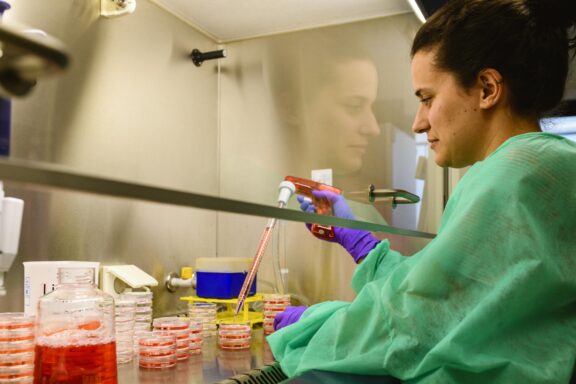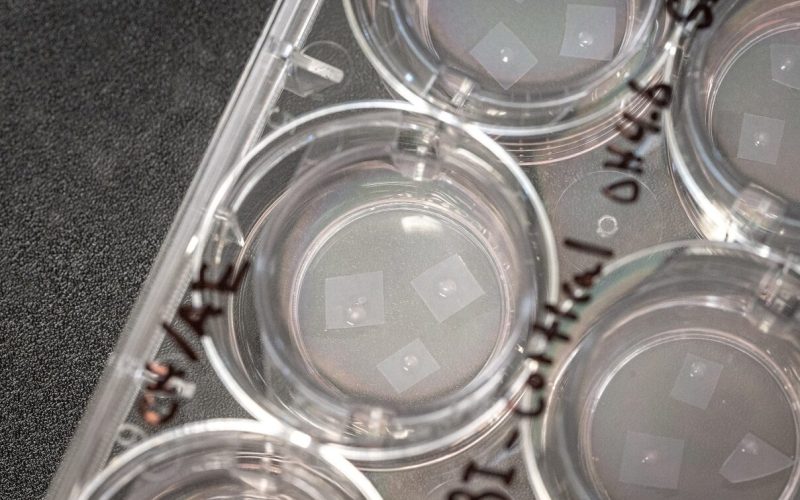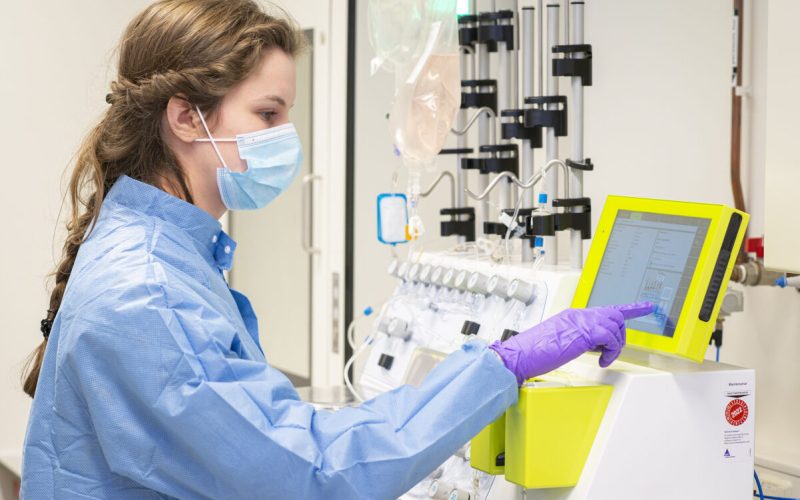
Innovative and personalized disease models help understand and treat patients.
To effectively treat or even cure a disease, a thorough understanding of it is essential. Currently, many medications are based on suboptimal or imperfect models, resulting in drugs that are only moderately effective for the average patient. At UMC Utrecht, we are developing new disease models to enhance our understanding of the human body, its diseases, and potential cures.
Medicine is becoming increasingly complex. New technologies and innovations enable doctors to identify subgroups within diseases, necessitating more precise treatments. This raises the requirements and demands for these drugs, yet current models are not keeping pace. We are now encountering the limitations of lab animals, which are proving to be too different from humans. Additionally, smaller patient groups mean that drugs need to be personalized. Our researchers are developing various new models that allow detailed studies of human cells and tissues. By comparing healthy and diseased models, they are discovering new treatment targets.
Humans are all different, and this variability becomes a significant factor when patient groups are small. Many rare inherited diseases affect only a handful to thousands of patients, demanding a tailored approach suited to their unique situations. For instance, by using patient-derived organoids, it is now possible to study the effects of various drugs simultaneously without exposing patients to unnecessary side effects.
These stories highlight the innovative work being done in Utrecht with organoids, as well as derivatives like the (multi) organ-on-a-chip models and other cell models that we are pioneering. These advanced models are gradually replacing animal testing, often yielding more relevant results. However, they also raise ethical questions, particularly concerning the commercialization of patient-derived tissue. How can we ensure proper consent without hindering research efforts?
The work at UMC Utrecht and its partners at and around Utrecht Science Park provides economic opportunities for the region, numerous benefits in personalized medicine, and a significant reduction in animal testing. We developed the first clinical application of organoids and are actively pursuing the next breakthroughs. Read about our work in the in depth stories below.
We are developing new models and approaches to simulate human diseases in the lab
We research the ethical, societal and economical aspects of these advanced therapy medicinal products or ATMPs.
We are developing various human cell models to better understand human-specific mechanisms and reduce the use of laboratory animals in research.

